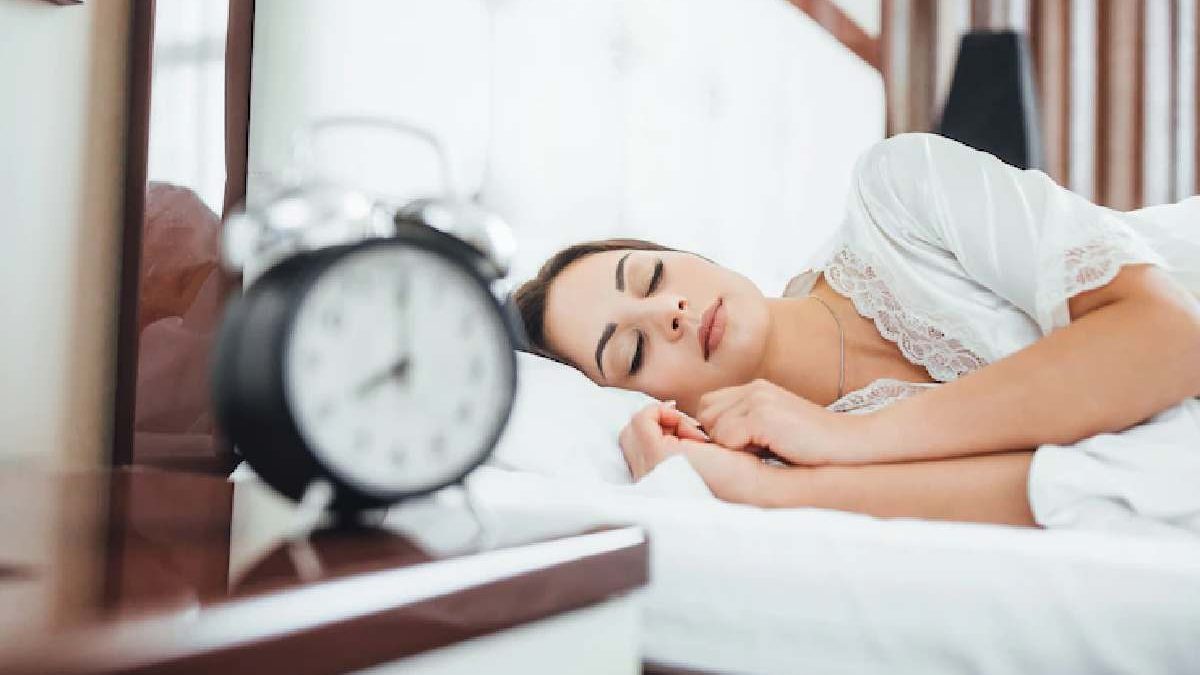Physical activity is known to increase energy. That’s because exercise raises your heart rate and blood flow, making you feel more alert. It is one of the many benefits of training. Post-Workout Nap?
However, it is also possible to get tired after exercising. It is widespread after high-intensity workouts because physical activity requires a lot of energy and endurance.
Table of Contents
Advantages And Disadvantages
If you’re considering napping after a workout, consider the potential pros and cons.
Benefits Of A Post-Workout Nap
Muscle Recovery.
A post-workout nap can promote muscle recovery. Once you sleep, your pituitary gland releases growth hormones. Your muscles require this hormone to repair and shape tissue. It is essential for muscle growth, athletic performance, and to reap the benefits of physical activity.
Improvement In Sleep Debt.
Sleep deprivation impedes muscle regeneration. It also slows down cognitive functions and weakens the immune system, contributing to poor athletic performance. By napping, you can reduce the effects of sleep deprivation by getting more rest.
Reduction Of Physical Fatigue.
Drowsiness after exercise is a sign of muscle fatigue. However, since the nap promotes muscle recovery, it reduces fatigue. In addition, it can make it easier to take care of other commitments for the rest of the day.
Greater Mental Agility.
Likewise, a post-workout nap can give you a boost of mental energy. If you get up early to exercise, a rest could help you feel less tired.
Disadvantages of Post-Workout Nap?
There are also some downsides to napping after a workout. They include.
Poor Quality Of The Nap.
Exercise increases endorphins and body temperature. These exercise-related changes can keep your brain and body alert. Because of this, some people avoid exercise right before bed. So even if you want to take a nap, finding a good rest can be difficult. It can take time to determine if a post-workout nap is correct for you.
Increased Deafness.
Taking a long nap allows you to enter the deepest stages of sleep. As a result, you will sense dizziness after waking up. It is known as sleep inertia can last up to 30 minutes.
You Disturbed Night Sleep.
Although a nap can reduce sleep debt, it can negatively impact nighttime sleep. Later at night, you may have trouble falling asleep. Even if you have a sleep disorder, napping can worsen your symptoms. Consult your doctor if you feel the need to nap regularly.
How Long Should You Take a Post-Workout Nap?
Limit your naps to 20 minutes. Avoid 30 to 60-minute naps. Otherwise, you risk falling into a deep sleep and waking up with sleep inertia.
Set the alarm for 25-30 minutes. It gives you time to relax before a 20-minute nap.
If You Feel Tired After Exercising At Night, Post-Workout Nap?
it is best to go to bed early. Just make sure to hydrate first and eat a recovery meal.
Choose The Right Moment.
It’s a good idea not to nap later in the day. Try to take a nap between 1:00 p.m. and 6:00 p.m. m. and 3:00 p.m. m., when your energy levels naturally drop. If you sleep late during the day, you may not sleep at night.
Section. If You Haven’t Previously, Post-Workout Nap?
Stretch your muscles before taking a nap. It helps reduce muscle fatigue and stiffness upon waking.
Rehydrate First.
It’s also important to drink water after a workout. Be sure to rehydrate before a nap. Keep drinking water after waking up to keep your body hydrated.
Keep The Room Cool.
In general, it is more comfortable to sleep in a warmer room.
Reduce Noise.
When the rest of the world is up, it can be not easy to get a quiet nap. A fan, air conditioner, or white noise machine can help mask outside noise. You can also wear earplugs.
Darken The Room.
Try wearing a sleep mask or finishing the blinds. It exposes you to less bright light, making getting a good night’s sleep easier. If you plan on making naps a part of your daily routine, consider investing in blackout curtains.
Prioritize Nighttime Sleep.
Naps are not a substitute for sleeping at night. Make it a priority to get enough sleep that night, even if you’ve napped during the day.

